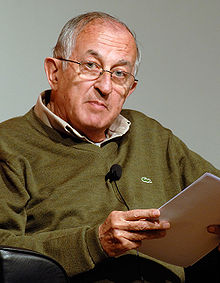
Manuel Vázquez Montalbán was a prolific Spanish writer from Barcelona: journalist, novelist, poet, essayist, anthologue, prologist, humorist, critic and political prisoner as well as a gastronome and an FC Barcelona supporter.

Spanish literature generally refers to literature written in the Spanish language within the territory that presently constitutes the Kingdom of Spain. Its development coincides and frequently intersects with that of other literary traditions from regions within the same territory, particularly Catalan literature, Galician intersects as well with Latin, Jewish, and Arabic literary traditions of the Iberian peninsula. The literature of Spanish America is an important branch of Spanish literature, with its own particular characteristics dating back to the earliest years of Spain’s conquest of the Americas.

Sergio Ramírez Mercado is a Nicaraguan writer and intellectual who was a key figure in 1979 revolution, served in the leftist Government Junta of National Reconstruction and as vice president of the country 1985–1990 under the presidency of Daniel Ortega. He has been described as Nicaragua's "best-known living writer". Since the 1990s, he has been involved in the left-wing opposition to the Nicaraguan government, in particular in the Movimiento de Renovación Sandinista. He was exiled from the country in 2021 and stripped of his nationality by the government in 2023.
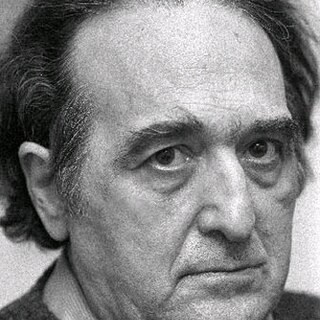
Rafael Sánchez Ferlosio was a Spanish writer. In 2004 he was awarded the Premio Cervantes for his literary oeuvre.

Javier Marías Franco was a Spanish author, translator, and columnist. Marías published fifteen novels, including A Heart So White and Tomorrow in the Battle Think on Me. In addition to his novels, he also published three collections of short stories and various essays. As one of Spain's most celebrated novelists, his books have been translated into forty-six languages and were sold close to nine million times internationally. He received several awards for his work, such as the Rómulo Gallegos Prize (1995), the International IMPAC Dublin Literary Award (1997), the International Nonino Prize (2011), and the Austrian State Prize for European Literature (2011).
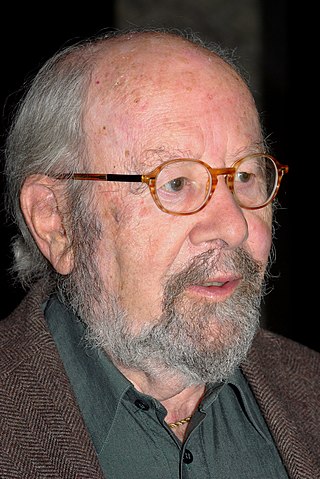
José Manuel Caballero Bonald was a Spanish novelist, lecturer and poet.
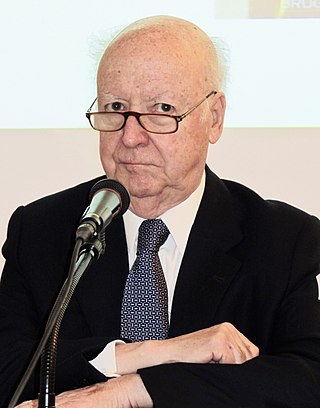
Jorge Edwards Valdés was a Chilean novelist, journalist and diplomat. He was the Chilean ambassador to France during the first Sebastián Piñera presidency.

Enrique Vila-Matas is a Spanish author. He has authored several award-winning books that mix genres and has been branded as one of the most original and prominent writers in the Spanish language.
Ramiro Villapadierna is a culture manager and journalist, and is currently the Head of the Oficina del Español at the Madrid Government, a soft-diplomacy public agency in charge Spanish culture, academics and heritage.
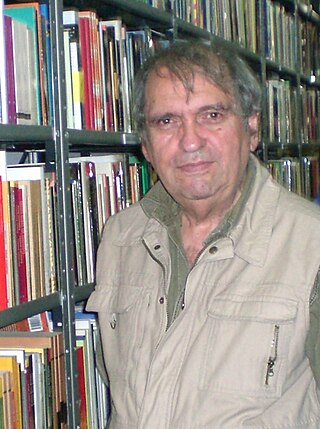
Rafael Cadenas is a Venezuelan poet and essayist.
The Prix Formentor is an international literary award given between 1961 and 1967, and, after a long break, from 2011. In the 1960s, the Formentor Group offered two prizes, the Prix Formentor and the Prix International ; the former was given to previously unpublished works and the Prix International was given to works already in distribution. The prize takes its name from the town of Formentor on the Spanish island of Mallorca that was famous for its literary gatherings.
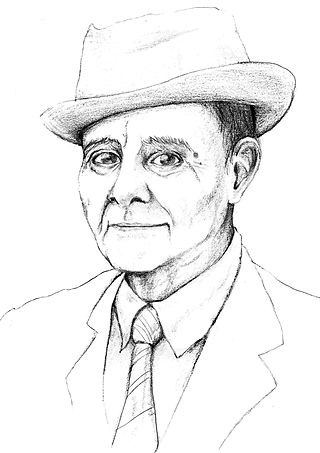
The Premio Nacional de las Letras Españolas or National Prize for Spanish Literature is one of several National Prizes awarded by the Spanish Ministry of Culture. First awarded in 1984, it recognises an author's literary career. The prize is 40,000 euros.
The National Literature Prize for Narrative is a prize awarded by Spain's Ministry of Culture for a novel written by a Spanish author in any of the languages of Spain. The prize is 20,000 euros.

Jorge de Juan García is a Spanish film and theatre actor, producer and director, known artistically as Jorge de Juan. In 2016 he founded the Spanish Theatre Company (STC) which is the first charity in the history of the British theatre dedicated to the production of both Spanish and Latin-American plays at the Cervantes Theatre of London. This theater was created as well by Jorge de Juan as the home of the Spanish Theatre Company.

Vicente Molina Foix is a Spanish writer and film director.

Luis Goytisolo Gay is a Spanish Catalan writer in the Spanish language. He is best known for his tetralogy Antagony, which was published between 1973 and 1981. Goytisolo is a member of the Real Academia Española.
The Premio Biblioteca Breve is a literary award given annually by the publisher Seix Barral to an unpublished novel in the Spanish language. Its prize is €30,000 and publication of the winning work. It is delivered in February, to a work from the preceding year.
Montserrat Sabater Bacigalupi was a Spanish publisher.
Sylvia Lago Carzolio is a Uruguayan writer, teacher, and literary critic. She has made a particular focus of women's issues, addressing various conflicts that women encounter in her work.

The Instituto Cervantes, taking advantage of the presence of the vault in the basement of its headquarters in Madrid (Spain), uses safe deposit boxes for great figures of Hispanic culture to deposit a legacy that will not be opened until the date they decide. Said compartments would thus perform the functions of a time capsule. The aforementioned building has a vault for having been the former headquarters of the Spanish Central Bank.
